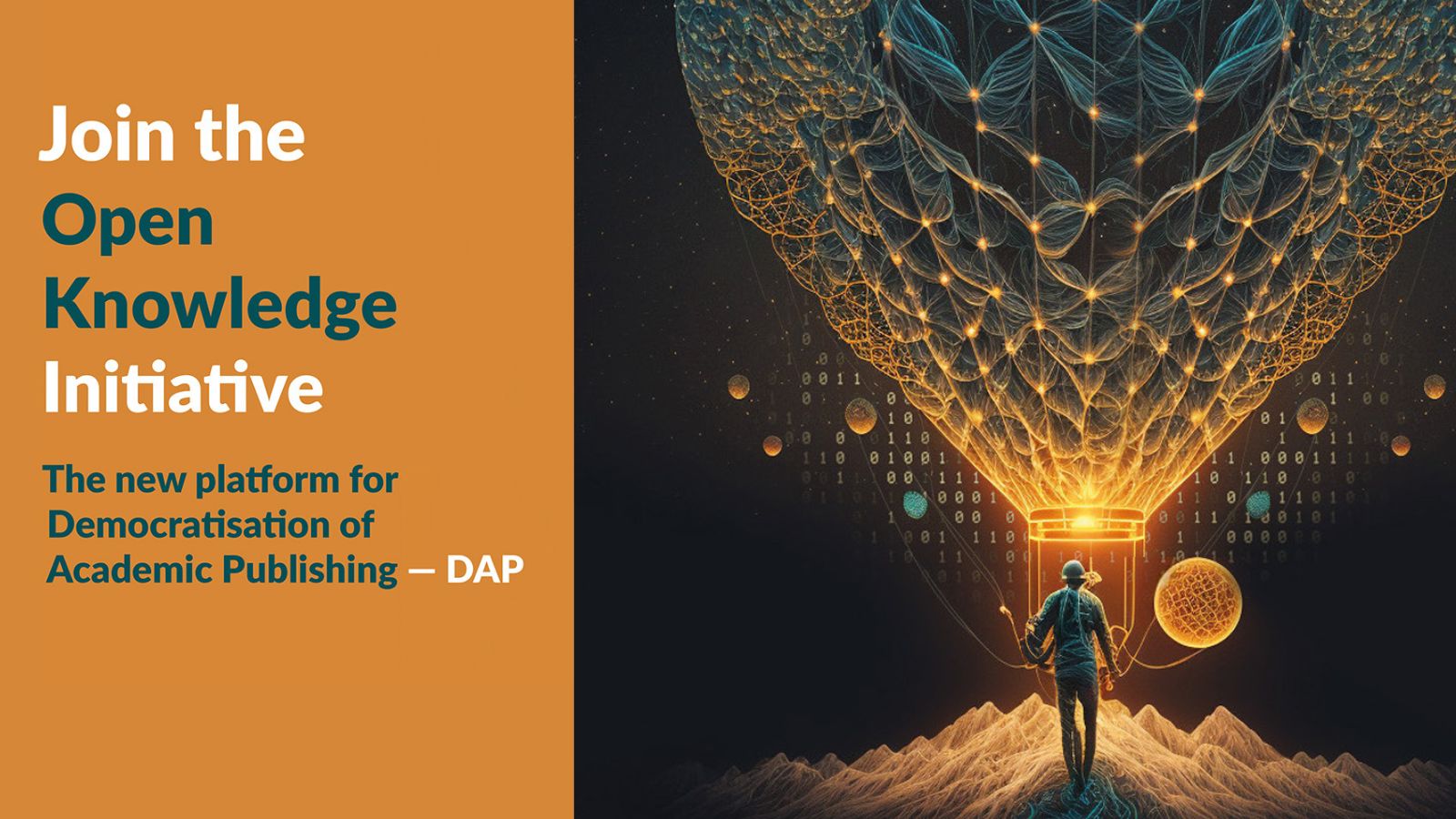This unique initiative brings together researchers from the Centre for Informatics and Computing at the Ruđer Bošković Institute in Zagreb, Croatia, along with experts from NGI Trublo, Moon Code, and HashNET. The project is funded under the Horizon 2020 programme.
The DAP platform was developed in response to the many challenges researchers and academics face in scientific publishing. The goal of DAP is to give authors, researchers, and the public more control over academic knowledge and information, improve recognition of the efforts of all participants in the peer review process, and prevent breaches of research integrity.
More Weight for Academic Voices
Researchers around the world face numerous challenges in the traditional academic publishing process. These include lengthy and opaque peer review processes, high publication costs, and limited access to publication opportunities. These constraints often impede scientific progress and innovation and limit the dissemination of important research findings.
The peer review process can take months or even years, with reviewers often exercising a disproportionate amount of control over the publication process. In addition, the high costs associated with traditional academic publishing can be prohibitive, especially for researchers with limited financial resources or those from developing countries.
To address these challenges, the DAP platform has introduced a new solution. The goal of the DAP platform, which is based on blockchain technology and smart contracts, is to give authors, researchers, and the public greater control over academic knowledge and information while improving recognition of the efforts of all participants in the peer review process and preventing breaches of research integrity.
To join the DAP platform and support this initiative, please fill in the questionnaire
''Our blockchain-based platform is intended to provide a democratic, trustworthy, and efficient infrastructure for academic publishing that gives authors, researchers, and the public greater control over academic knowledge and information. Moreover, we believe that the democratisation of academic publishing will lead to a new value and quality in science, as well as to a new generation of collecting and sharing scientific knowledge and academic ranking," said Dr Karolj Skala, project coordinator at the Ruđer Bošković Institute.
The proposed architecture of DAP includes a decentralised set of rules and procedures, decentralised archiving of articles and reviews, on-demand anonymity and privacy, a decentralised open review process, and the possibility of direct publication.
''We invite researchers and academics from around the world to join to DAP initiatives to support the democratisation of academic publishing and help shape the future of scientific progress and innovation.
You can support the DAP platform by completing our questionnaire, which will help us better understand your needs and preferences regarding scholarly publishing. Your feedback will be crucial in helping us shape the future of scholarly publishing and ensure that the DAP platform meets the needs of researchers and academics from around the world,'' said Karolj Skala.



